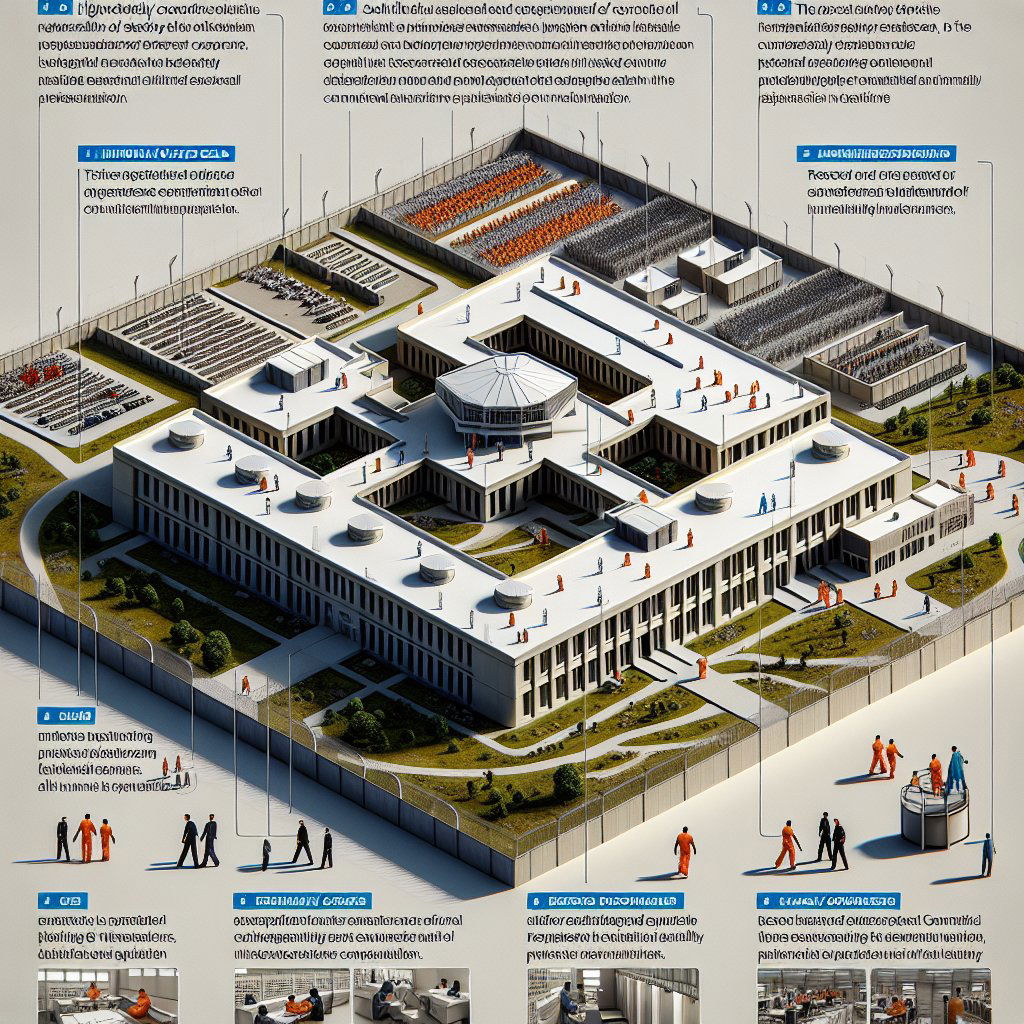Image created by AI
DCS Rebuts Convict Thabo Bester's Claims, Affirms Treatment within Legal Boundaries
In a staunch rebuttal to allegations made by Thabo Bester, the infamous incarcerate known for his escape tactics, the South African Department of Correctional Services (DCS) has declared that his claims of mistreatment in Kgoši Mampuru II Facility in Pretoria are baseless and contrived. The DCS maintains that their measures remains strictly within the legal framework, safeguarding all inmates' rights, including Bester's.
Earlier allegations from Bester pointed to severe solitary confinement and hindrances to adequate legal consultation during his pre-trial hearings. However, the DCS clarified that all of its practices are in strict alignment with the Correctional Services Act, ensuring the security and dignity of each inmate.
Stressing that prisons cannot parallel the comforts of a private home, the DCS emphasized that certain rights are necessarily restricted upon imprisonment. This fundamental principle ensures that activities such as use of electronic gadgets and free movement, which could potentially lead to escape attempts, are curtailed in a high-security environment like C-Max at Kgoši Mampuru II.
Dismissing the notion of solitary confinement, the DCS illustrated that C-Max is designed with individual cells to manage high-risk individuals effectively. Contrary to Bester's statements, he is provided with daily outdoor exercise and recreation time, as mandated by law, and opportunities for telephonic and in-person visitations by family and lawyers, albeit within a regulated framework.
The DCS further illuminated the logistics behind legal consultations, countering Bester's demands for extended and unorthodox access to legal representatives. With numerous inmates requiring similar services, the department stressed the need for equitable and secure procedures, refuting any inadequacies in Bester's ability to communicate with his lawyers.
In summary, the DCS highlighted its principal obligation to ensure safe and humane custody, fostering a correctional system that aligns with societal protection and enforces court sentences without undermining humane treatment. The department's stipulations echo the need to strike a balance between maintaining order in a correctional facility and upholding the fundamental rights of inmates within the context of their confinement.










